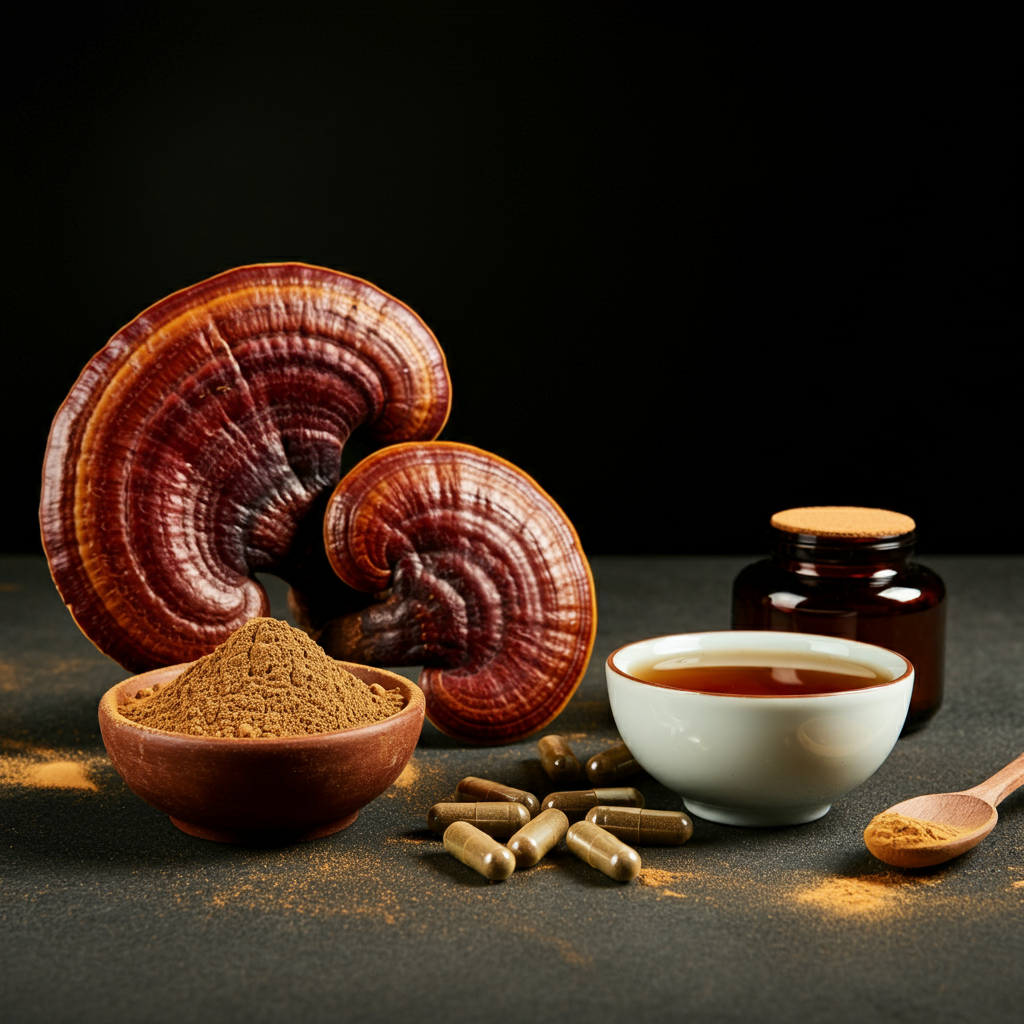The Health Benefits of Oyster Mushrooms:
A Clinical Overview
Pleurotus sp.
Oyster mushrooms form a diverse group of edible fungi in the genus Pleurotus that have growing recognition for their nutritional and therapeutic value.
Commonly cultivated species include Pleurotus ostreatus (the classic Oyster), P. eryngii (King Oyster), P. pulmonarius (Phoenix Oyster), P. djamor (Pink Oyster) and P. citrinopileatus (Golden Oyster) among others. Though closely related, these species differ in flavor, texture, morphology, and biochemical composition. All are known for their rapid growth, high yield, and ability to grow on agricultural waste, making them ecologically and economically valuable.
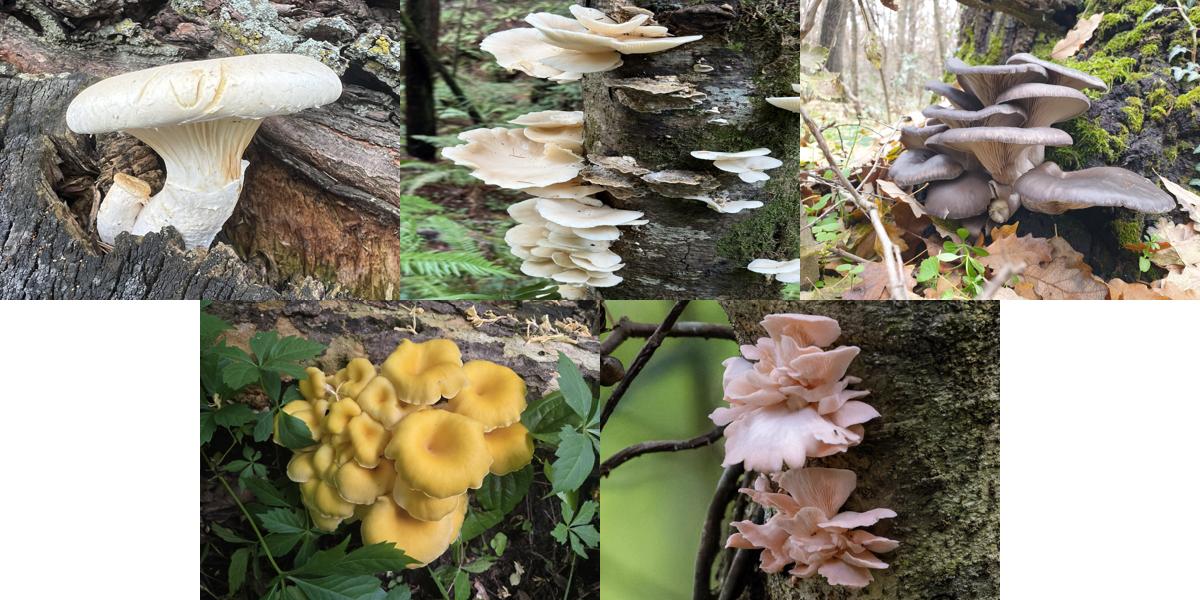
Above: Different species of oyster mushrooms in their natural habitat.
General Health Benefits of Oyster Mushrooms
Oyster mushrooms offer broad-spectrum benefits:
-Support immune system resilience
-May aid in regulating blood sugar and lipid profiles
-May aid in reducing hypertension
-Provide antioxidant and anti-inflammatory effects
-Improve gut and skin health
-May assist in managing fatigue and metabolic syndrome
These health outcomes are supported by a growing body of clinical literature and make Oyster mushrooms a strong candidate in both functional food and integrative medical contexts.
Nutritional and Bioactive Composition
Oyster mushrooms are low in calories and fat, and rich in fiber, protein, essential amino acids, vitamins (particularly B-complex), and minerals such as potassium, phosphorus, and iron. Their health-promoting properties are primarily attributed to several key bioactive compounds.
Beta-Glucans

Beta-glucans such as pleuran that have strong immunomodulatory and anti-inflammatory properties.
Ergothioneine
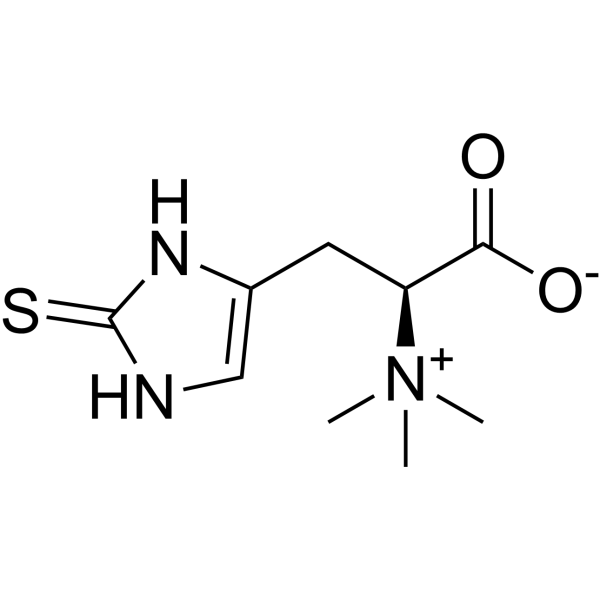
Ergothioneine is an amino acid with antioxidant properties known to reduce oxidative stress, protect mitochondrial function, and potentially support cognitive and cardiovascular health.
Ergosterol and Vitamin D
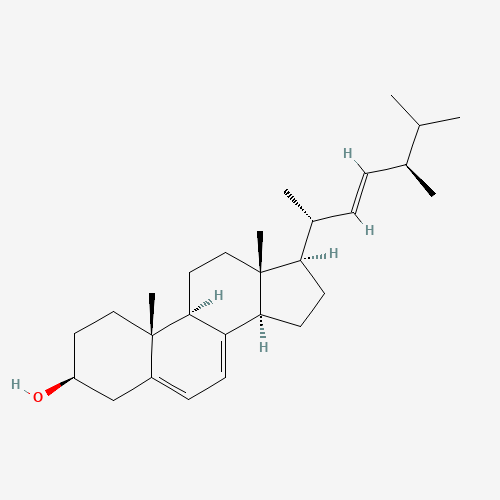
Ergosterol is a natural compound found in mushrooms that has various medicinal benefits. It is a type of sterol that is similar to cholesterol in animals and is a precursor to vitamin D2, which is essential for calcium absorption and bone health. Ergosterol has been shown to have antioxidant, anti-inflammatory, anticancer, antidiabetic, and neuroprotective effects. It may also help to improve liver health, boost the immune system, and protect against infectious diseases.
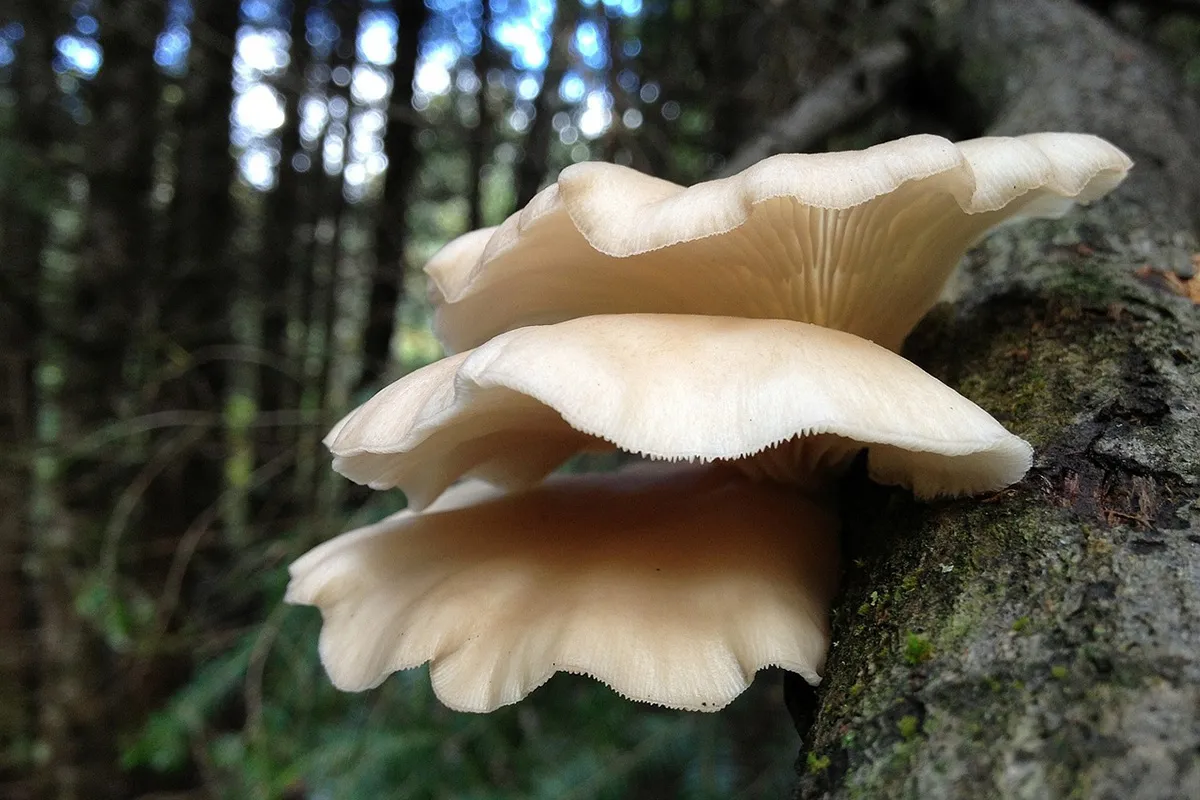
Clinical Evidence
from Human Trials
More than 20 human clinical trials have investigated the health effects of Pleurotus species. Below is a categorized summary of some of these, but please check our table for more details.
Immunomodulatory Effects
Pleuran supplementation has shown apparent immunomodulatory effects in multiple trials. Jesenak (2013) reported significant reductions in respiratory tract infections in children given 100 mg of pleuran daily for 24 weeks. In athletes, pleuran improved immune performance and reduced infection rates (Bergendiova et al., 2011; Bobovčák et al., 2010). A separate trial in breast cancer patients noted enhanced Th1-type immune responses (Svetozarova et al., 2021).
Cardiovascular and Lipid Health
Oyster mushrooms improve several markers of cardiovascular health. P. ostreatus consumption has been associated with reductions in triglycerides, LDL cholesterol, and blood pressure in both healthy and HIV-positive individuals (Abrams, 2011; Choudhury, 2013). In a rural Mexican cohort, daily mushroom intake significantly reduced visceral fat and total cholesterol (Garcia-Lafuente, 2014).
Glycemic Control and Metabolic Syndrome
Several studies support Pleurotus species in managing blood glucose and insulin responses. In patients with type 2 diabetes, oyster mushrooms helped lower fasting blood glucose (Choudhury, 2013). In another trial, P. eryngii improved postprandial glycemia and suppressed ghrelin, a hunger hormone, in obese individuals (Kleftaki., 2022). Another study showed that the inclusion of Oyster Mushrooms and Button mushrooms to the diet improved fasting serum glucose levels (Uffelman, 2024).
Anti-Allergic and Dermatological Applications
Beta-glucans from oyster mushrooms have been shown to reduce symptoms of allergic rhinitis and asthma (Jesenak et al., 2013). Additionally, a β-glucan-based cream was effective for mild-to-moderate atopic dermatitis, improving skin barrier function and reducing inflammation (Jesenak, 2016). Another study found that participants recieving daily tablets containing 25 mg of L-ergothioneine (EGT) derived from Pleurotus showed significantly improved skin moisture on the temple and arm, with reduced TEWL and better wrinkle and texture scores at 12 weeks (Hanayama, 2024).
Viral Infections and Gut Microbiome Modulation
Pleuran supplementation accelerated recovery from herpes simplex virus type 1 outbreaks (Urbancikova, 2020). Additionally, the inclusion of mushrooms in a diet subtly altered the diversity of the human gut mycobiome (Tian, 2023). Another study found that pleuran may help reduce infection risk in immunosuppressed Crohn’s patients (Batovsky, 2015)
Antioxidant and Anti-Inflammatory Effects
Pleurotus species are rich in antioxidants, including ergothioneine, which contribute to reduced oxidative stress and improved cellular resilience. In one study, healthy adults consuming P. ostreatus extracts showed improved cytokine profiles suggesting anti-inflammatory effects (Nosál’ová., 2014). Furthermore, a randomized controlled trial combining Pleurotus eryngii with antioxidant compounds and vitamin D2 demonstrated a reduction in multiple markers of systemic inflammation, including CRP and TNF-α (Kleftaki, 2022).
Note: Database is best viewed in desktop as mobile version is not well suited for use.
Consuming Oyster Mushrooms
Oyster mushrooms can be incorporated into the diet or taken as concentrated extracts or supplements. Since they are nutritious, readily available, and enjoyed for their culinary qualities, adding them to your diet is an easy option for anyone looking to improve their health with mushrooms. Many of the human clinical trials to date have used purified compounds, especially pleuran, a well-characterized beta-glucan derived from P. ostreatus.
